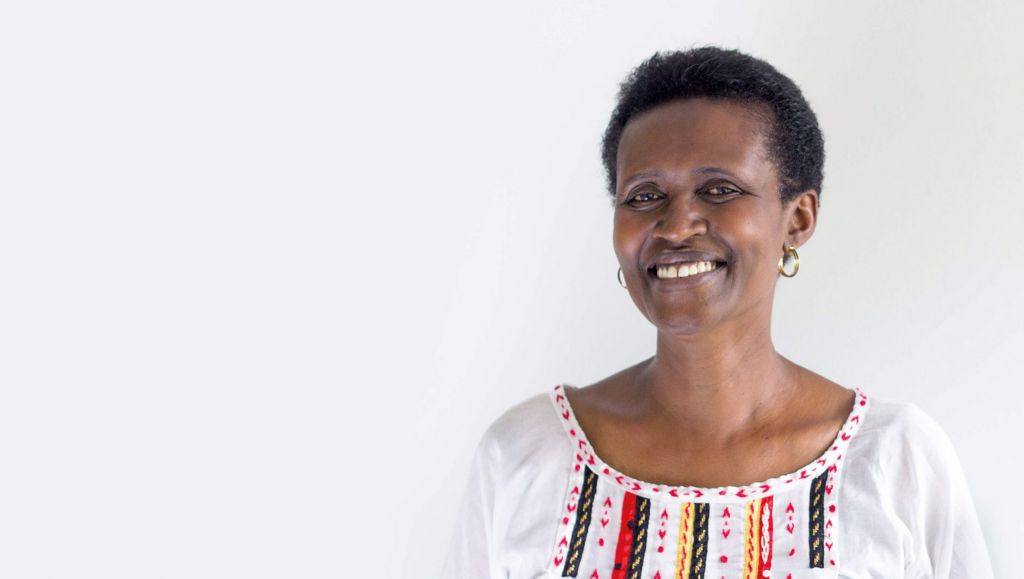“Governments move fastest when both civil society and business are pushing in the same direction”


Recently, the United Nations decided on 17 new goals for sustainable development. What role does NGOs such as Oxfam International have for the world’s ability to reach them?
Civil society will play a critical role in holding governments to account for their commitments to the global goals for sustainable development. We must ensure first that the goals are translated into national strategies in every country, that governments set out clear steps to achieve them, and that they have to answer to their citizens for the progress that they make. NGOs can also provide advice and guidance to stakeholders from governments to the private sector about what the goals should mean for them, and how they should be implemented. Ultimately these goals will only succeed if people stand up for them and demand their governments act.
How important is transport for the world’s ability to reach the new sustainable development goals?
There is no question that transport has a vital role to play, from linking small- scale farmers with local markets to enabling workers to reach good employment opportunities. It is widely recognized that achieving the sustainable development goals will depend to a very large extent on our success in tackling climate change, which threatens to reverse decades of development gains. Developing cleaner transport options is thus a vital component to an agenda of genuinely sustainable development.
Oxfam and the Volvo Group entered a partnership a few years back, among others to improve access to clean water and sanitation for communities in Haiti, Indonesia and Ethiopia who are impacted by natural disasters. What does the partnership with the Volvo Group mean to Oxfam?
More extreme weather is the new normal in a world battling with climate change. Oxfam are recognised as leaders in providing water and sanitation in the wake of emergencies, and as these events become both more frequent and more severe in the years and decades to come, the support of individuals and corporate partners like Volvo Group is vital to ensure that we can reach those people who are least responsible for the greenhouse gas emissions driving the climate crisis, but worst affected by it.
How can civil society and business cooperate to put pressure on decision makers to sign a climate agreement at COP21?
Governments move fastest when both civil society and business are pushing in the same direction. Too often the only business voices that governments have heard on climate change were those of the fossil fuel or energy intensive industries. But we are now increasingly seeing a different type of business voice speak up – one that sees there is a vital business case to tackling climate change, and that wants to listen to the advice of civil society on how they must change their own operations and what they should push governments to do. The best advocates of climate action are those businesses that both “walk the walk” – committing to really ambitious science-based targets to slash emissions and build resilience through their own operations and supply chains – and that “talk the talk” – stepping into the public debate calling for government action at COP21 and beyond.
Winnie Byanyima is Executive Director of Oxfam International. She served eleven years in the Ugandan Parliament, and has served at the African Union Commission and as Director of Gender and Development at the United Nations Development Program. Winnie Byanyima co-founded the Global Gender and Climate Alliance and chaired a UN task force on gender aspects of the Millennium Development Goals, and on climate change.
A few days before the United Nations Climate Change Conference in Paris, COP21, the Volvo Group gathers leaders and stakeholders from government, the private sector and civil society for the annual Volvo Group Sustainability Forum in Stockholm. The Forum is led by Professor Johan Rockström and the aim is to stimulate broader collaboration between business and society to accelerate climate actions.